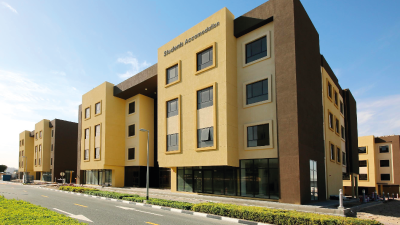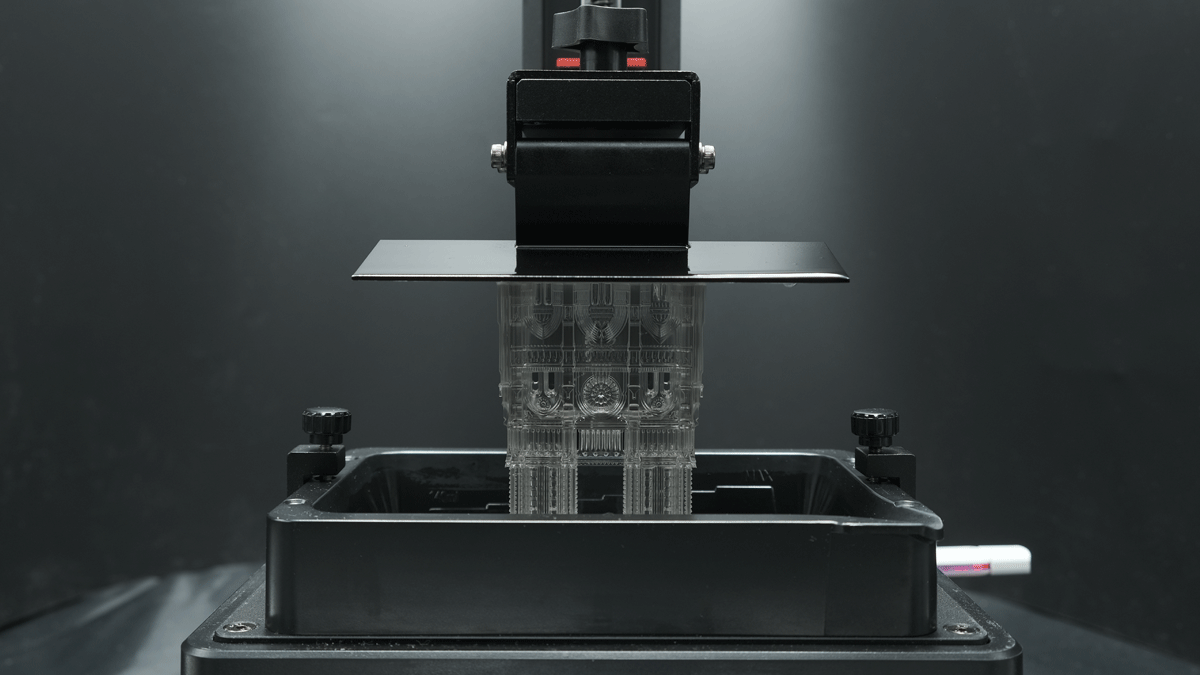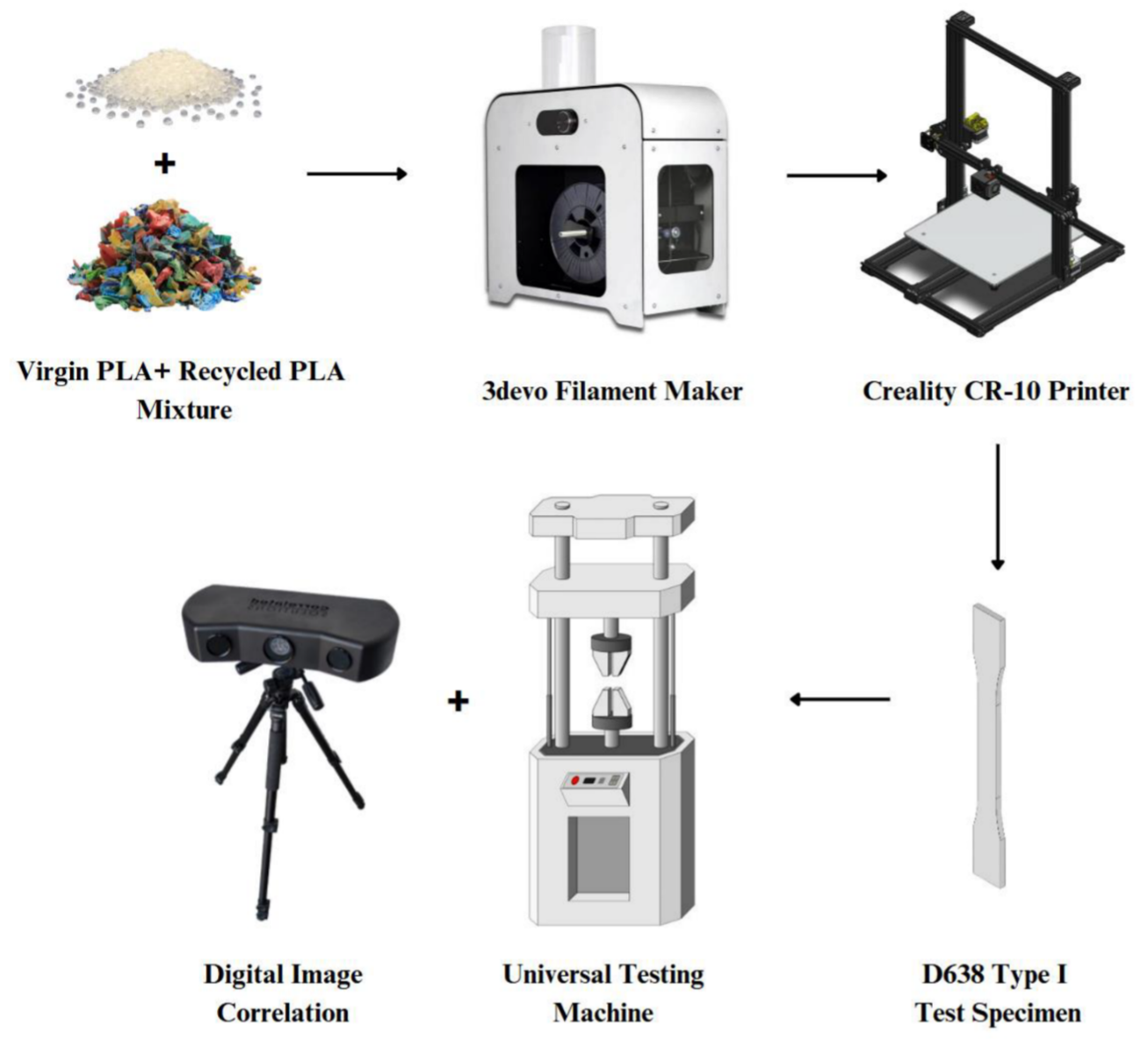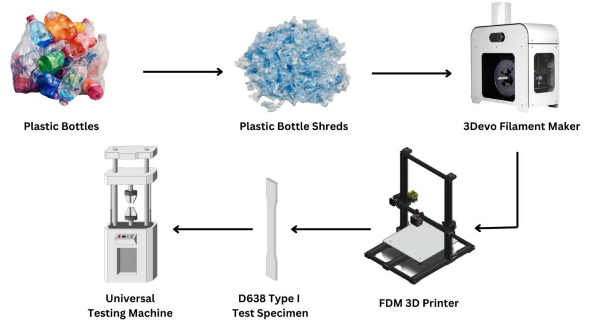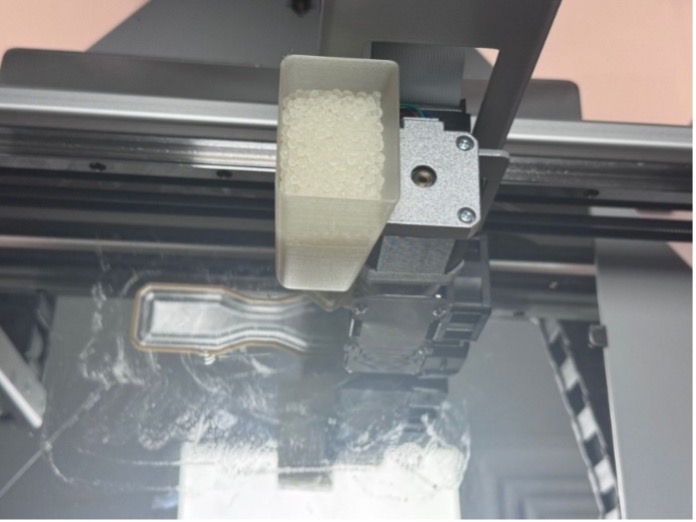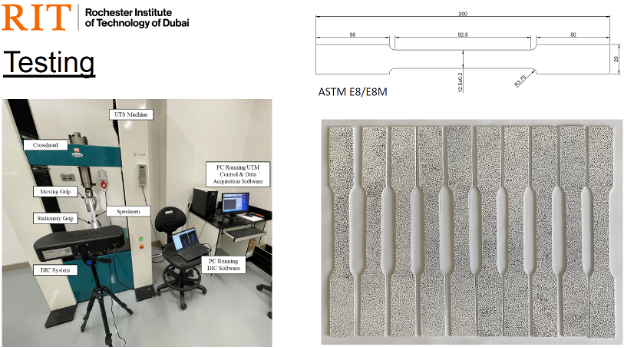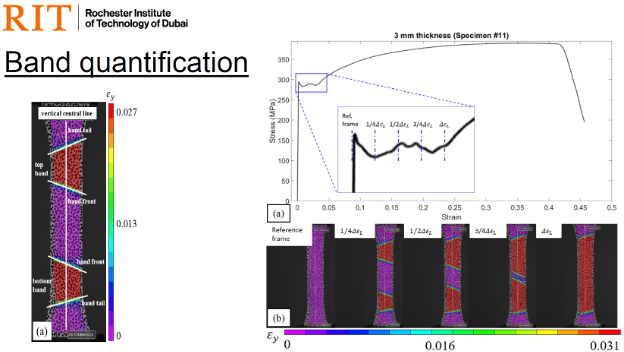EMMC
Experimental Mechanics & Material Characterization Research Group
(EMMC Research Group)
At the Experimental Mechanics & Material Characterization (EMMC) Research Group, we tackle fundamental challenges in material behavior and mechanical testing, with a core focus on structural solid mechanics, additive manufacturing, and advanced material characterization. Our mission is to push the boundaries of experimental techniques, develop new materials, and drive interdisciplinary innovation in engineering and applied sciences.
Goals of the EMMC
- Pioneering Advanced Material Characterization:
Develop and apply innovative methods to characterize the properties of a wide range of materials, including metals, polymers, 3D-printed materials, filaments, and recycled materials. These efforts aim to enhance our understanding of newly developed materials, quantify their properties, and explore the environmental potential of using recycled materials in additive manufacturing. - Fostering Industry and Government Collaborations:
Build strategic partnerships with industry leaders, government agencies, and international collaborators to address real-world challenges and align with UAE priorities. These collaborations aim to drive innovation, secure research grants, and enhance the university’s reputation. - Driving Interdisciplinary Research and Innovation:
Collaborate with academic institutions and research groups to advance experimental mechanics and material characterization, focusing on disseminating and sharing knowledge in top-tier journals and conferences. - Empowering Future Engineers and Researchers:
Mentor and train students and early-career researchers in the broad field of solid mechanics. The research group’s research aims to enhance student success and support improved university rankings and recognition.
Research Assistants
Graduate Research Assistants
- Mozah Alyammahi
Currently at the DEWA R&D Centre, UAE - Mohamed Almatroushi
Currently at the Mohammed Bin Rashid Space Centre, UAE - Joost H. van der Heijde
Currently at ASML, the Netherlands - Aghead Al Arnaout
Graduate Teaching Assistant at RIT Dubai
Undergraduate Research Assistants
- Reem Aly
- Olafisoye Olalere
- Aaron Ryder
- Vishnu Shyju
- Shriya Vijay
- Muhammed Sharfuddin






